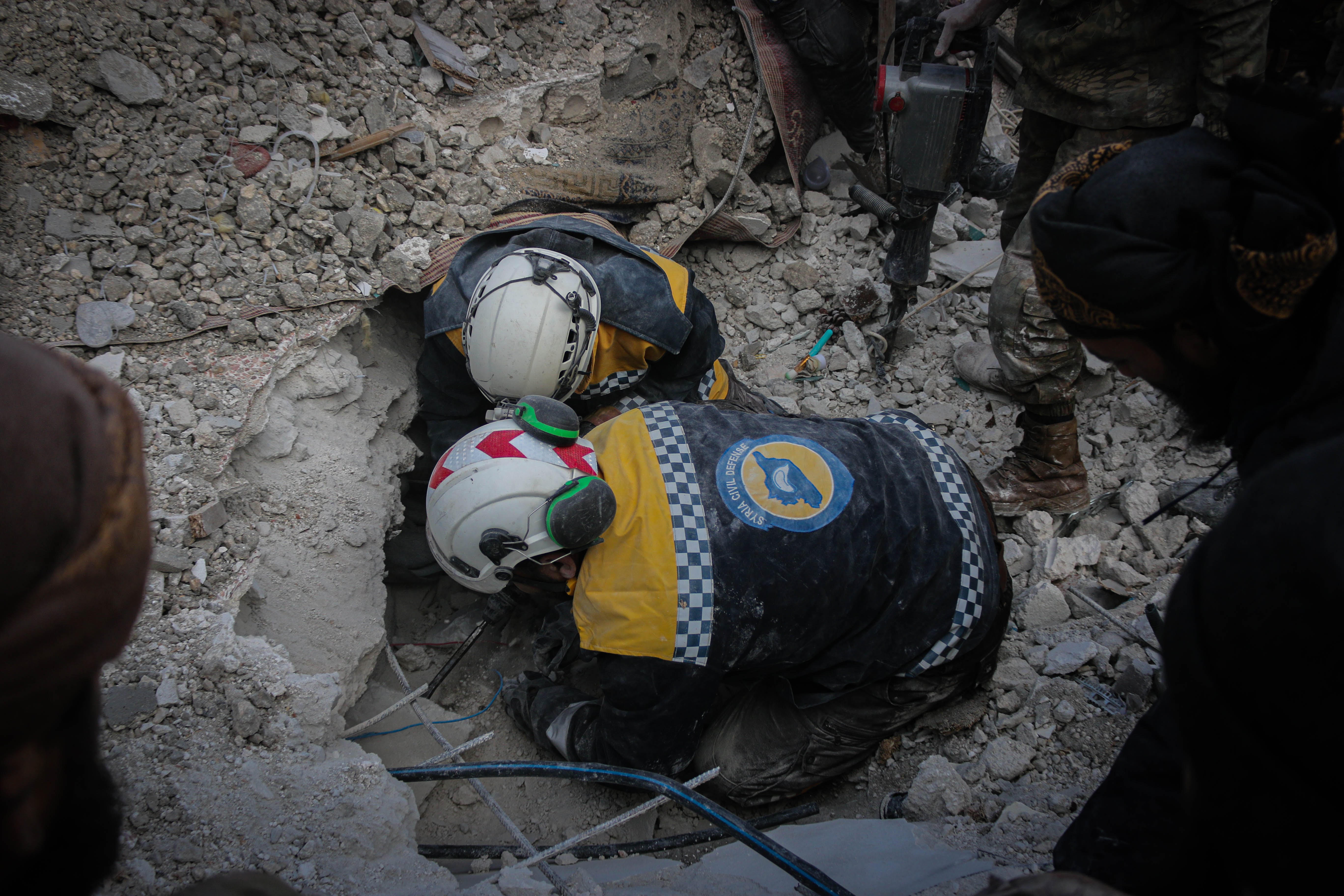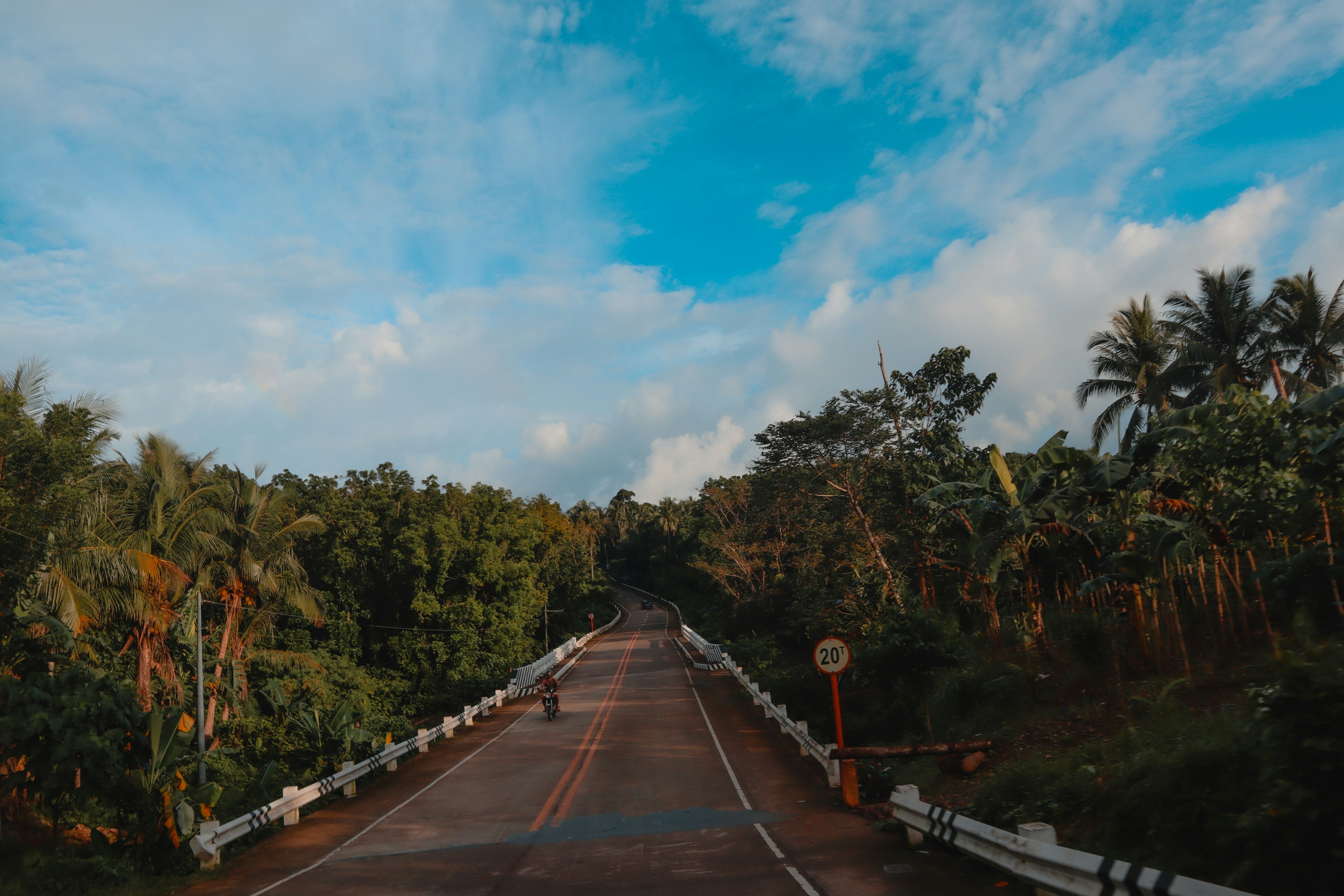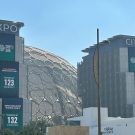Despite being partly correct in arguing that Venezuela’s dire humanitarian crisis is largely the making of the Nicolás Maduro regime, US efforts to resolve the crisis are counterproductive. By using aid as a tool to undermine Maduro’s rule, the US is flagrantly politicising aid. This undermines the core humanitarian principles of impartiality and neutrality and does little to help the people of Venezuela.
The situation
The facts and statistics are nothing short of dire. Venezuelans from all social groups face acute shortages of food, water, medicine and electricity. In 2017 alone, the average Venezuelan was reported to have lost 11 kilos, while around 90% of the population live in poverty and have a poor diet. 85% of required medicines are in short supply, while rates of preventable diseases like malaria and tuberculosis are on the rise.
Water shortages and a reliance on hydropower for electricity means that taps have started to run dry as hospitals and public buildings cease to function, even in the capital Caracas. In these circumstances, three million Venezuelans have fled the country, causing a regional refugee crisis. The UN estimates that this figure could rise as high as 5.3 million by the end of this year.
So how did it come to this?
In some sense, forces beyond the control of any of the main players are to blame for the demise of what used to be the richest country in South America. The huge drop in global oil prices from around $US100 to $US26 a barrel over just two short years from 2014-2016, robbed Venezuela of its main source of income. Oil is estimated to account for around 98% of Venezuela’s export earnings, meaning that the fall in oil prices has precipitated a huge rise in inflation. The situation is so bad that the IMF estimates that inflation may reach 10 million percent by the end of the year. Similarly, drought has limited both water and hydro-electricity supplies.
Yet, the way that the Venezuelan government has managed these crises has severely exacerbated the situation. Maduro has continued the practice of his predecessor, Hugo Chávez, in stacking the board of the state-owned PDVSA oil company with regime loyalists. Billions of dollars of oil revenue have been invested in social projects, at the expense of investing in equipment, maintenance and the discovery of new reserves. As a result, production levels have plummeted to record lows, compounding the economic stress already produced by low oil prices.
Lacking revenue to pay for the import of basic necessities, the Venezuelan government is in severe debt. Instead of undertaking painful but necessary economic readjustments, Maduro has partially serviced this debt by printing more currency, making the inflation situation even worse.
Maduro has also continued Chávez’s currency exchange system, where the local bolivar currency is traded for US dollars at artificially high rates. The artificially high bolivar has hurt local exports and has also incentivised corruption amongst regime officials. Corrupt officials have used their ability to procure artificially cheap US dollars under the currency-exchange system to sell these on the black market. Up to $300 billion has been looted from state coffers under this scheme.
Water and hydropower shortages – which Maduro has blamed on political sabotage without providing any evidence – have also been exacerbated by political mismanagement. According to an anonymous high-ranking official cited by the Wall Street Journal, Maduro ‘routinely overpaid for equipment’ and invested in ‘poor quality thermoelectric plants.’ A $180 million water-pipe deal concluded with Iran in 2009 has also been called into question. Indeed, despite all these investments, Venezuela remains highly dependent on the Guri Dam for approximately 70% of its electricity.
Collectively, this economic mismanagement has meant that Venezuela has fared far worse than other countries who have also faced droughts and low oil prices.
Of course, another layer in this complex crisis has been US sanctions. Sanctions implemented by Washington have severely limited the ability of Caracas to access international credit, while what is effectively an embargo on PDVSA oil has caused Venezuela’s oil exports to fall even further. However, contrary to the claims of Maduro and his supports, US sanctions are neither the root cause nor the main exacerbating factor of the current humanitarian crisis.
US response
Even if the US is justified in pointing the finger at Maduro for Venezuela’s woes, its response to the humanitarian emergency has been far from helpful. Alongside implementing sanctions, the US has violated humanitarian principles by deliberately politicising aid. Instead of funding the work of organisations like Red Cross who have existing operations within the country, Washington has insisted upon delivering aid through Juan Guaidó, Venezuela’s self-declared interim President.
Guaidó who has been recognised as interim President by fifty-one countries, has attempted to use aid to directly undermine Maduro. By receiving and distributing US shipments of aid, Guaidó aims to bolster his claim to lead an alternative government. More cynically, Guaidó has also banked on the fact that Maduro will attempt to stop the deliveries of aid with the help of the armed forces. The White House and Guaidó had hoped that this would decrease Maduro’s popularity even further as well as sparking mass defections from the armed forces, one of the embattled regime’s key power bases. The end goal of this process is to remove Maduro from power.

Image: 2019 shipping of humanitarian aid from Quebec city to Venezuela, By Wilfredor – Own work, CC BY-SA 4.0, https://commons.wikimedia.org/w/index.php?curid=77829594
In one sense, Guaidó and the Trump administration were correct in their assumptions. Ever since the initial attempted deliveries in February, Maduro has largely successfully blocked attempts to deliver aid. However, with some limited exceptions, the anticipated mass-defections from the armed forces and police have not come to pass. Instead, Maduro remains clinging to power, while the US has been widely condemned by humanitarian agencies for deliberately politicising aid.
As Caritas, an international network of Catholic NGOs with a presence in Venezuela has noted, politicising aid detracts from the impartiality and neutrality of the aid process, imperilling aid workers and their ability to reach all affected populations. For these reasons, Oxfam and the Red Cross have refused to take part in these aid deliveries. As long as the US insists on politicising aid deliveries, they will do very little to help the people of Venezuela.
Finding a better way
The good news is that despite officially denying that a humanitarian crisis exists, Maduro has quietly allowed the Red Cross to expand its role in the country. Instead of using aid as a political tool, the US could offer to provide funding to pre-existing Red Cross programs. The US has little to lose from pursuing this strategy, as it has become clear that its politicisation of aid has failed to significantly dent Maduro’s hold on power.
By contributing to the efforts of the Red Cross or other NGOs, the US would be able to meaningfully alleviate some of the suffering of the Venezuelan people, on whose behalf it claims to be acting. While it is unrealistic to expect Washington to remove what appear to be essentially bipartisan sanctions, aid – delivered quietly and through proper channels – could offset some of the humanitarian effects caused by sanctions. The US could also considerably ramp up its aid to regional countries affected by the influx of Venezuelan refugees.
Of course, US-aid to Venezuela through neutral channels would require the cooperation of Maduro, whose attitude towards humanitarian aid has been far from helpful. At the very least, even if Maduro fails to cooperate, by refraining from politicising aid, the US would avoid creating a dangerous precedent whereby politics is placed above the needs of vulnerable populations.
Cover Image: Protests opposing Venezuelan Bolivarian Revolution in Avenida Paulista, São Paulo, Brazil, By The Photographer – Own work, CC BY-SA 4.0, https://commons.wikimedia.org/w/index.php?curid=58900661






